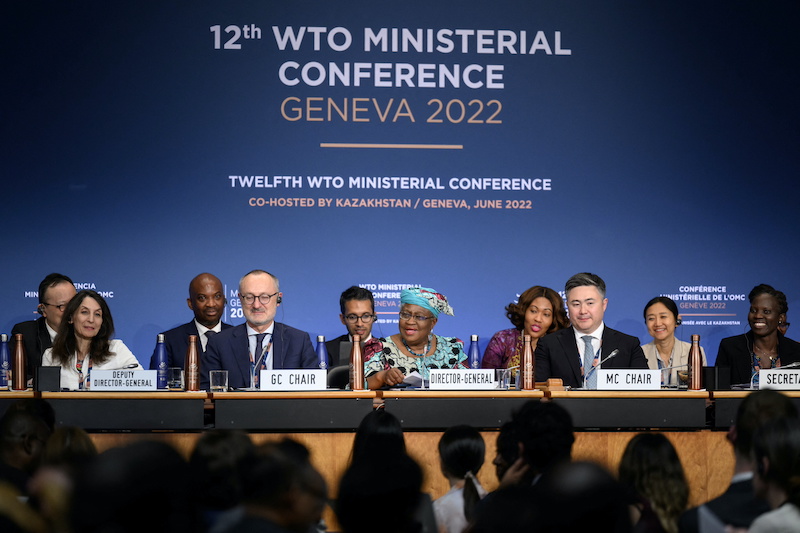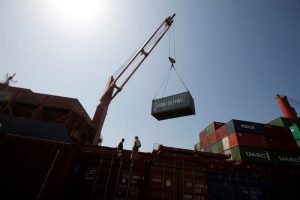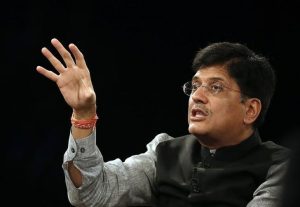World Trade Organization (WTO) negotiators overcame Indian intransigence on Friday to produce a wide-ranging slate of reforms, including more duty-free digital products, a partial waiver of patents for Covid-19 vaccines, the abolition of some fishing subsidies and curbs on food export bans.
The 164 members attending the high-level 12th Ministerial Conference approved a series of agreements after five days of bargaining seen as a test of the ability of nations to strike multilateral trade deals amid geopolitical tensions heightened by the Ukraine war.
Delegates cheered after they passed the package of six agreements just before dawn on Friday.
WTO director-general Ngozi Okonjo-Iweala told them: “The package of agreements you have reached will make a difference to the lives of people around the world. The outcomes demonstrate that the WTO is in fact capable of responding to emergencies of our time.”
The package required a unanimous vote and many speculated that India would be a holdout after Commerce Minister Piyush Goyal objected to some aspects, including ending fishing subsidies and food export bans.
At one stage, a series of demands from India, which sees itself as the champion of poor farmers and fishermen as well as developing countries, appeared set to paralyse talks but accommodations were found, trade sources said.
Goyal said after the vote: “I just hope I’m not speaking too soon but India is convinced that this will turn out to be one of the most successful ministerials that the WTO has seen in a long time.”
Okonjo-Iweala had appealed to WTO members to consider the “delicate balance” required after nearly round-the-clock talks that were extended for an extra two days and have at times been charged with anger and accusations.
- Reuters, with additional editing by George Russell
READ MORE:
Japan Records Biggest Monthly Trade Deficit in 8 Years
China-Russia Trade Booms as War Forces Moscow to Look East
HSBC Shuts Down Hong Kong-Based Trade Platform Serai
























